Cataract
What is a cataract ?
If the lens inside your eye becomes cloudy, it is known as a cataract. Cataracts usually occur over the age of sixty but can occur at any age – indeed it is possible to be born with cataracts (congenital cataract). Cataracts are thought to be caused by a number of things including excessive exposure to UV radiation found in sunlight, smoking and poor diet. Additionally they can be caused by other health problems such as diabetes
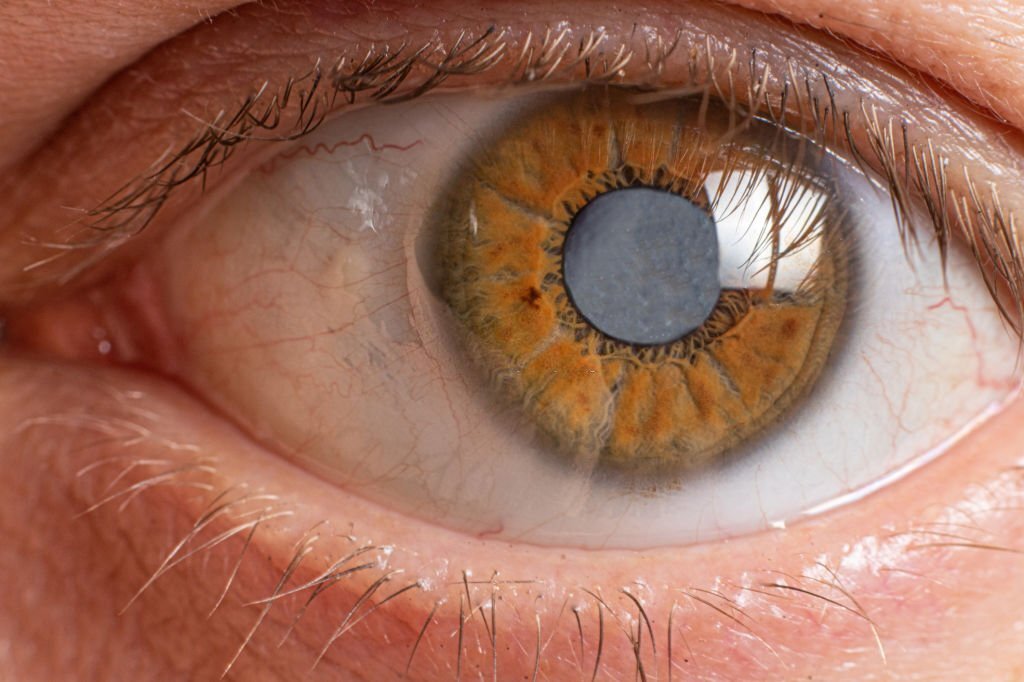
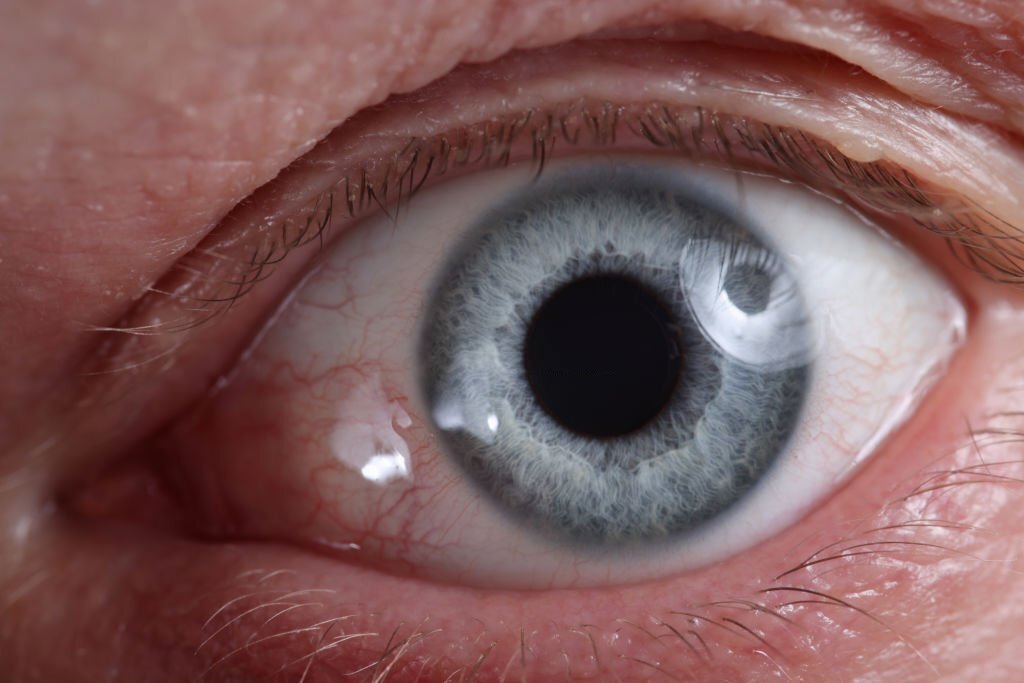
Symptoms of cataracts ?
Cataract causes a number of visual problems including blurred or cloudy vision, dazzle and glare from sunlight or bright lights, and it can affect your color vision by making it appear “washed out”. If you are told you have cataract following an Eye examination, do not be alarmed, it is nothing to worry about as the vast majority can be successfully treated. If you notice any of these problems please book an eye test as soon as possible as there may be a sign of other eye conditions and it is always good to detect any condition as early as possible so that prompt treatment can be sought, or in the case of cataracts, which is not urgent, you can be placed on a waiting list to be seen either at the Yorkshire eye clinic in a few weeks or at BRI.
Treatment options
Cataract is treated most effectively by removing the cloudy lens. It used to be the case that the eye specialist would wait until the cataract was “ripe” before carrying out the treatment, however these days it can be carried out as soon as it begins to affect your quality of life. The operation is the most common performed at the BRI or Yorkshire Eye clinic and although all surgery carries a risk, it has superb rates of success compared to other types of operation generally. It is generally carried out under local anesthetic on an outpatient basis and lasts as little as 20 minutes. It is that simple. Once the cloudy lens has been removed through an opening so tiny it doesn’t usually require stitches it is replaced with a new clear plastic lens.
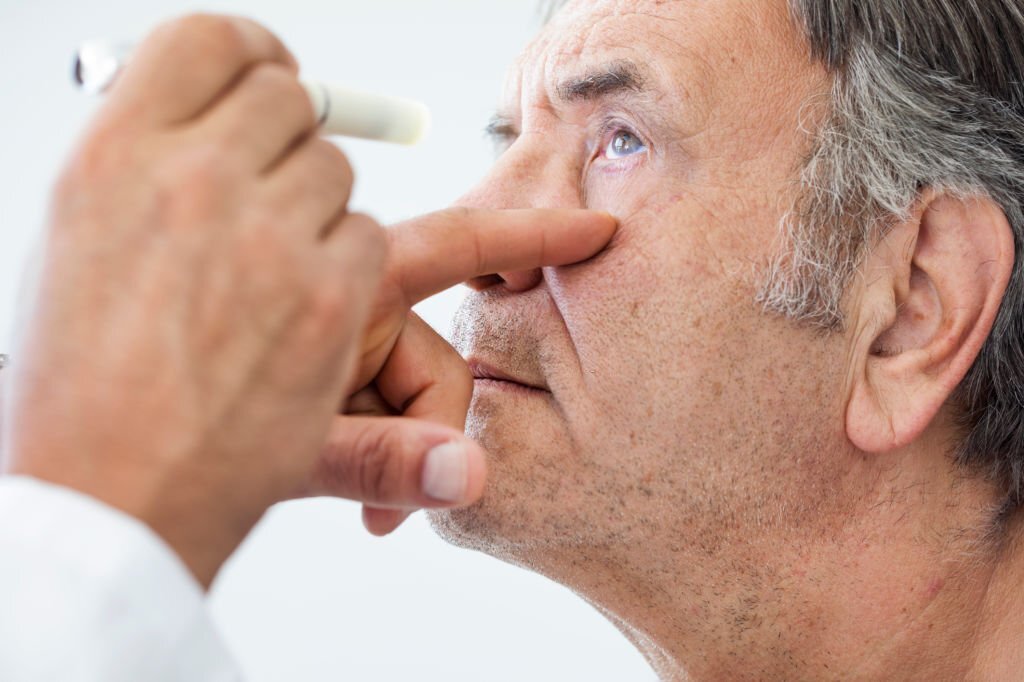
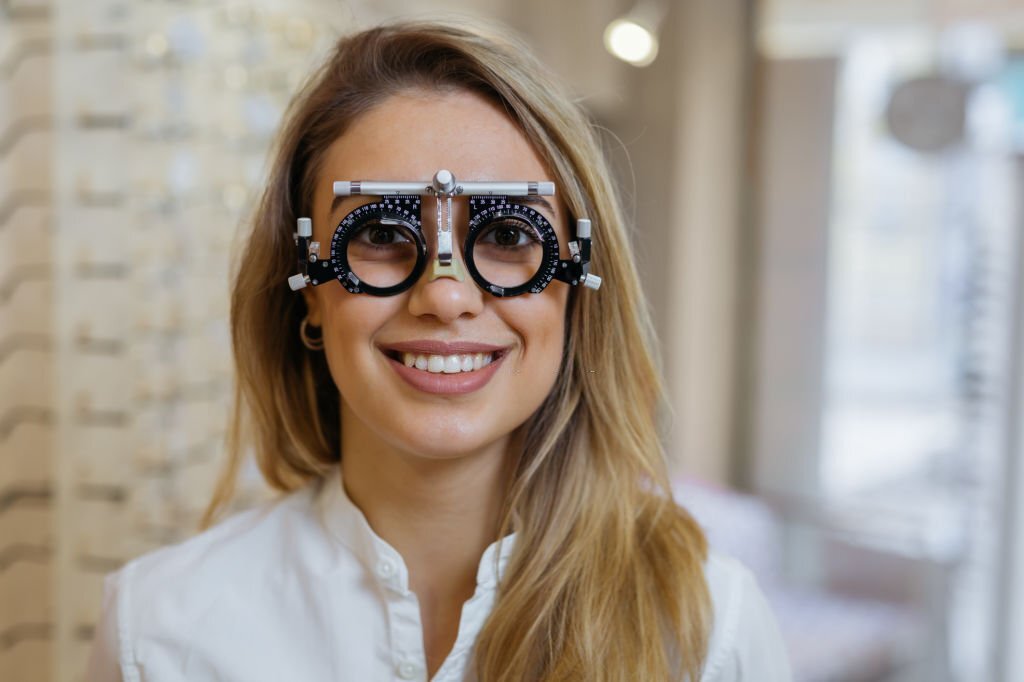
The power of this lens is calculated so that you may not need glasses for distance, or need only a small prescription, though you will need glasses for reading. Sometimes if you are having cataracts removed from both eyes the eye specialist will set your prescription so that one eye is okay for distance and the other is good for reading – this “monovision” solution sounds a little strange but it means you can get by for most things without spectacles, though you still need prescription glasses for concentrated or detailed tasks such as driving.

Get relief at our free dry eye clinic
Let’s get your eyes feeling comfortable again!

Get your free NHS-funded eye test today
We’re here to help you see clearly and take great care of your eyes.

Need new glasses?
Your NHS-funded pair is free! Check out our huge range of frames and lenses to suit your style and vision.
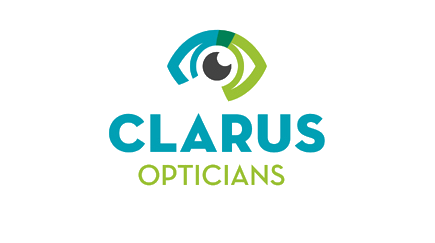
In light of the challenges posed by an ageing population, we are deeply committed to enhancing the expertise of our optometrists. Our goal is to exceed the typical standards found in the field. Each of our optometrists holds, or is in the process of obtaining, postgraduate diplomas and advanced qualifications. This not only demonstrates our dedication but also ensures we maintain a higher standard of care for all our patients.
Designed by ZedHive | Powered by ZedWebDomains.com